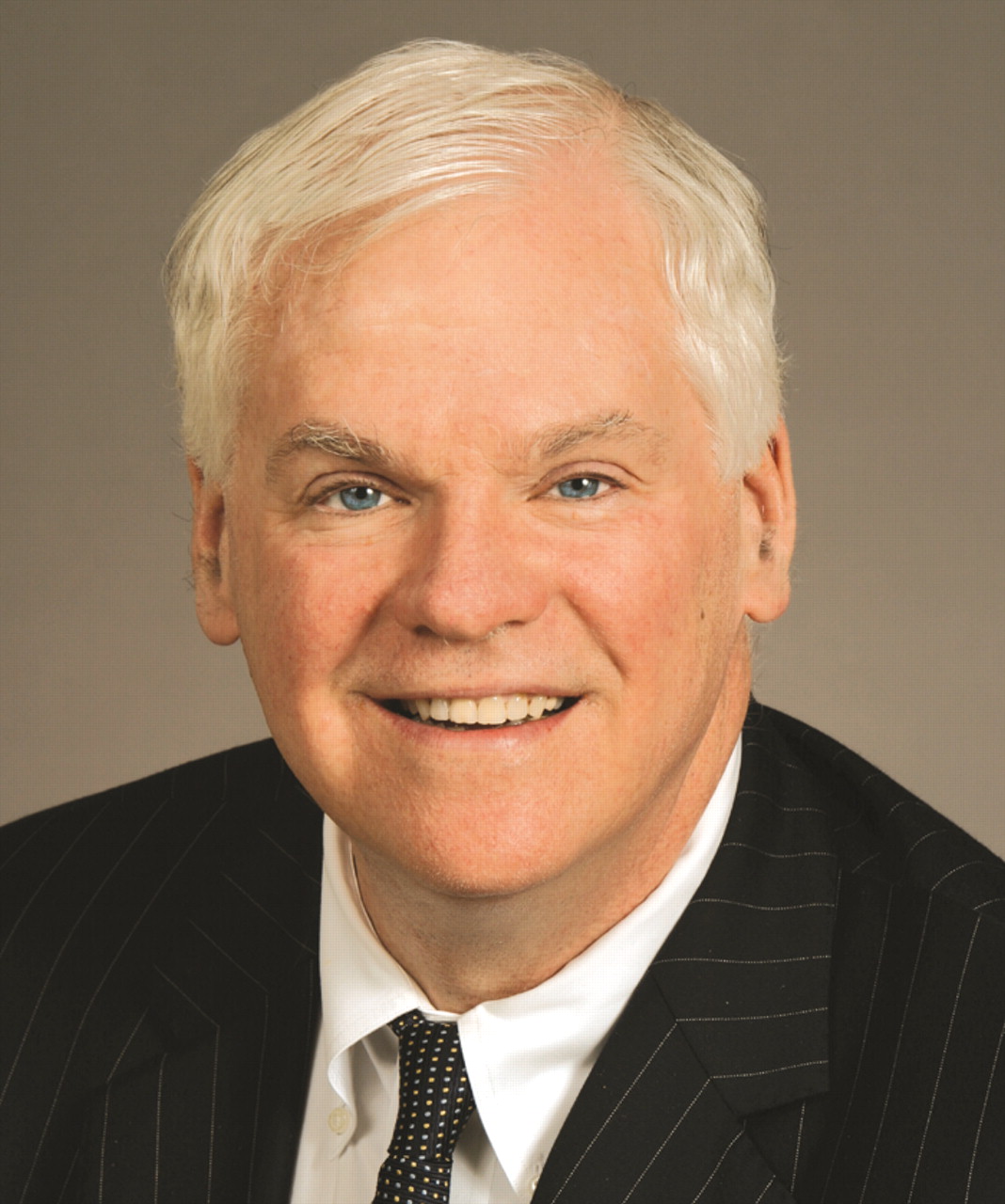APAPAC Helps Spread Psychiatry's Message on Capitol Hill

The American Psychiatric Association Political Action Committee (APAPAC) enjoyed tremendous success in the recent election cycle, with 112 of the 119 candidates (94 percent) it supported winning their elections last November 2.
Over the course of the 2003-2004 election cycle, APAPAC contributed some $365,000 to congressional candidates representing 43 states and to other party-affiliated political committees. APAPAC hosted events for 65 members of Congress and arranged for APA members to meet with 71 members of Congress to deliver contributions and strengthen the crucial local relationship between constituents and their elected representatives.
APAPAC is governed by a Board of Directors made up of 13 APA members and is chaired by John Wernert, M.D. Among other duties, it is the PAC board's job to decide which candidates to support for Congress. The PAC board considers many factors when selecting those candidates, and it makes every effort to give priority to candidates who clearly champion APA's legislative agenda while also standing with our physician colleagues in the rest of medicine on major issues that affect all physicians.
Of course, we hope that the full range of APA's priority issues is supported by every member of Congress and candidate for elective office to whom we give, but this cannot always be the case. In those situations, APAPAC contributions give APA an excellent opportunity to reach out to and educate members of Congress who have supported physicians on general issues but who have not previously supported psychiatry-specific issues.
The APAPAC board aims to represent all APA members and strongly believes that to advocate for our patients and our profession properly, we need to inform and educate all candidates for Congress. To achieve that, we need access to these lawmakers. This educational function can yield tangible results. For example, APAPAC activity allowed me to be the sole featured speaker at a breakfast of the Blue Dog Coalition—a policy-oriented group of moderate and conservative Democrats in the House of Representatives who have rarely backed APA's legislative priorities because of perceived conflicts with their strong pro-business views. The hour-long dialogue focused entirely on issues of concern to APA members and their patients and helped allay misconceptions of some of these lawmakers about psychiatry. This led several of these Blue Dogs to take a second look at bills to mandate parity and end Medicare's discriminatory copayment requirement (see story on Original article: page 1 regarding the Senate version of the bill) and resulted in several new co-sponsors for these bills.
During its first few years, the APAPAC board has worked hard to ensure that APAPAC is politically balanced. I believe it has done a very respectable job of supporting our friends while acknowledging the reality of our current political landscape. With a bipartisan eye, the PAC concentrates its activity on House and Senate leaders, members on key health committees in both bodies, and members who have demonstrated pro-physician and pro-psychiatry positions on issues.
The APAPAC Board of Directors is also reaching out to APA's early career psychiatrists (ECPs) and members-in-training (MITs) to encourage them to be more involved with APA's advocacy efforts. As a start, the APAPAC board was recently expanded to include both an ECP and an MIT representative. APA members need to understand why advocacy is important, how effective APAPAC is, and, most importantly, that they need to get active and join the effort.
The PAC is continuing to grow and will increase its activities in 2005. Through the first five months of the year, APAPAC has received more than $137,000 from some 1,020 APA members and staff—by far the PAC's best start to a year. Its board members have been busy reaching out to work with and educate members of Congress as well, having contributed $167,000 to 85 candidates for Congress (representing 37 states) and other party-affiliated political committees in 2005. APAPAC has also hosted events for 38 members of Congress and arranged for APA members to meet with 15 lawmakers to deliver contributions. In most cases, APA joins with medical-specialty and health-industry associations in co-hosting events for these individuals, thus presenting an important, unified face on matters with which we are concerned as a physician community.
APAPACinformation is available online on the APA Web site at<www.psych.org/members/apapac/index.cfm>.▪



